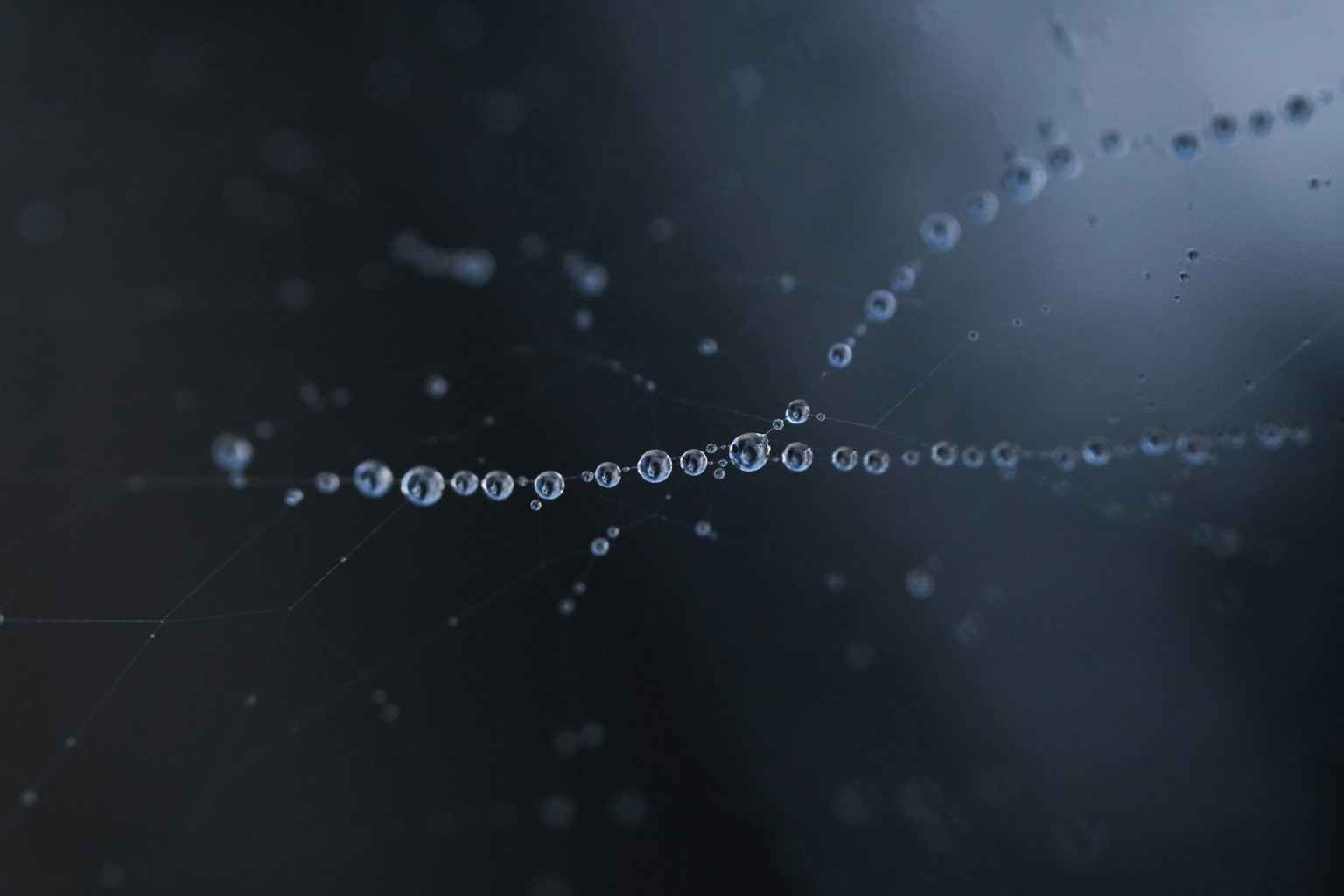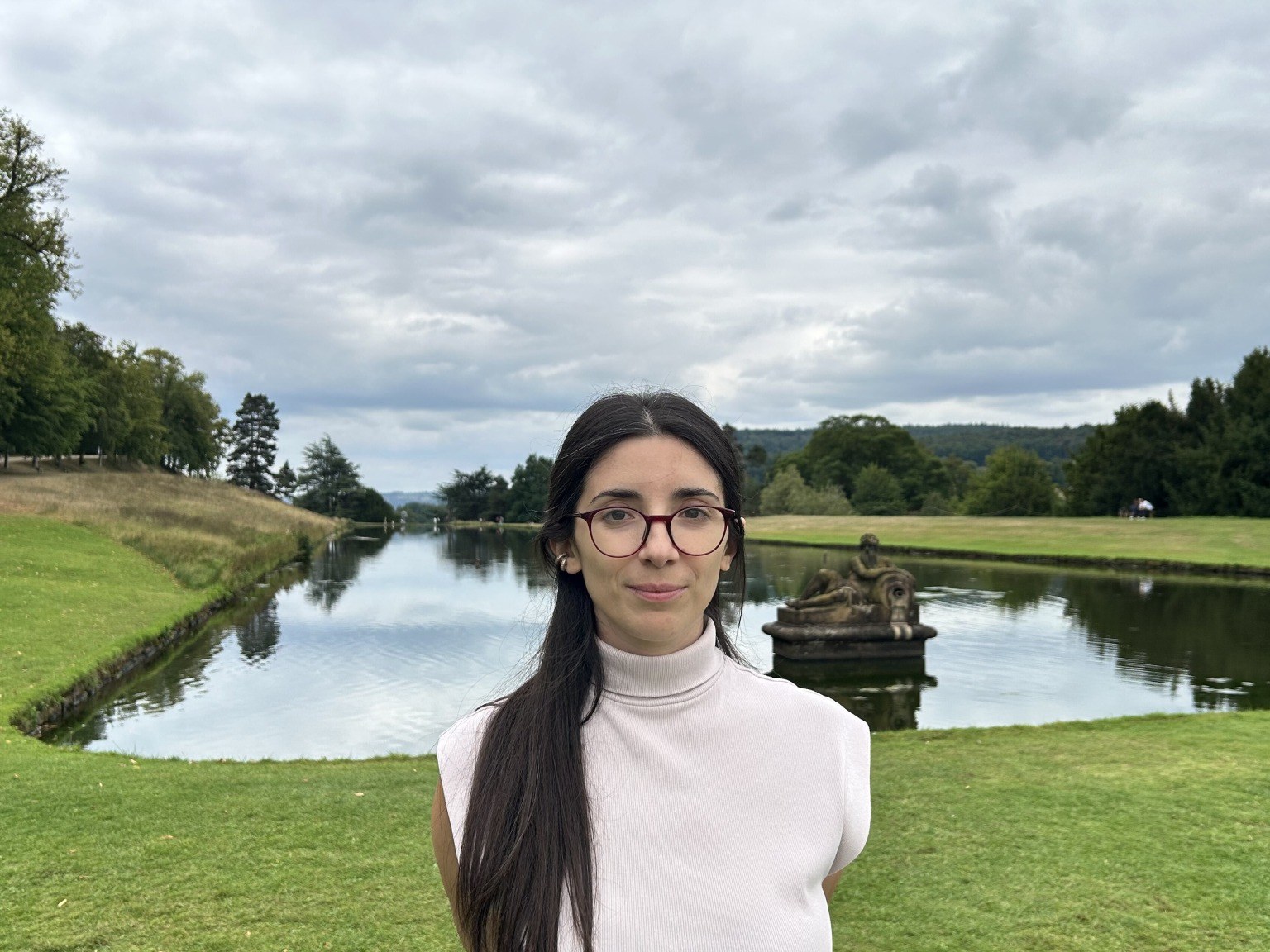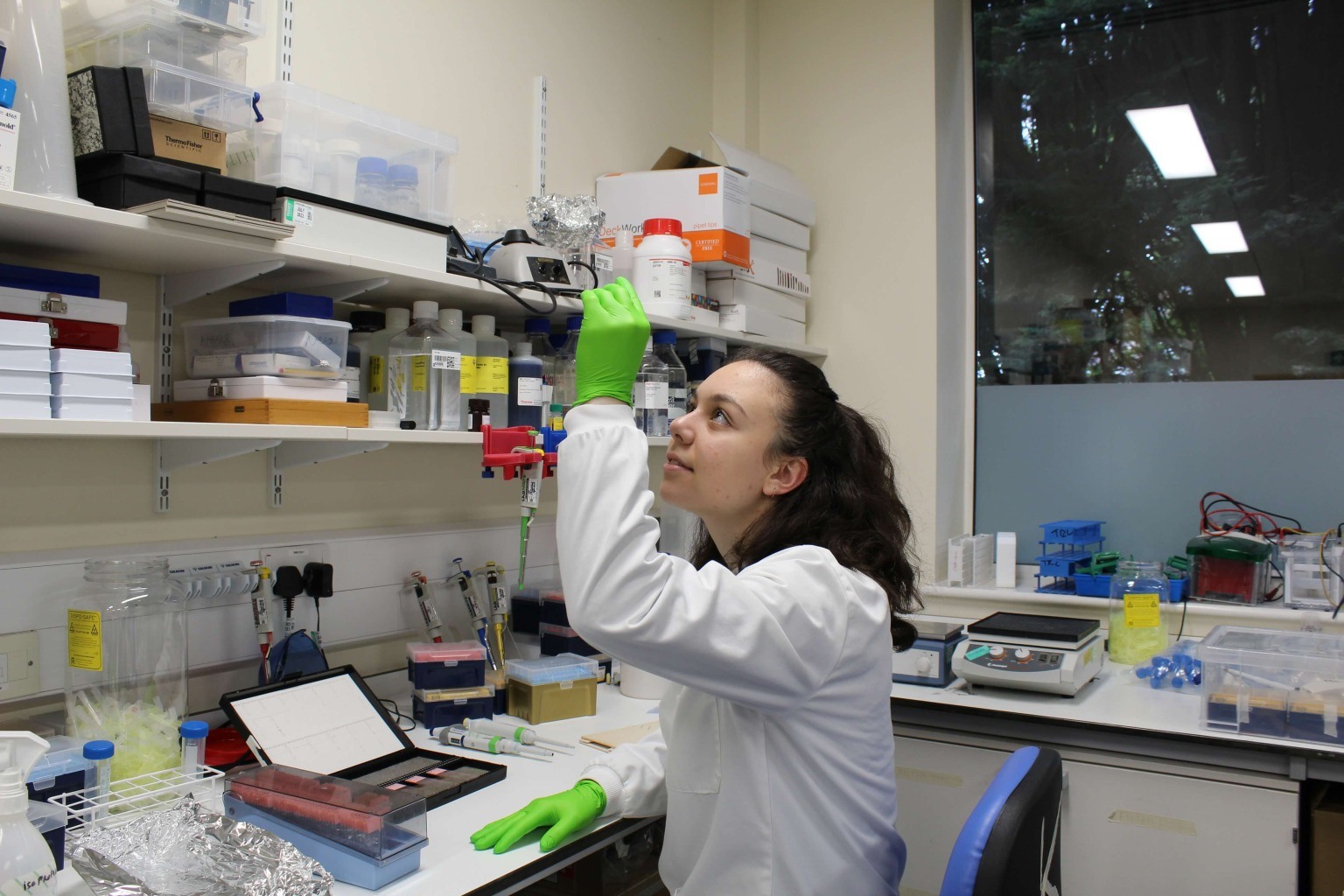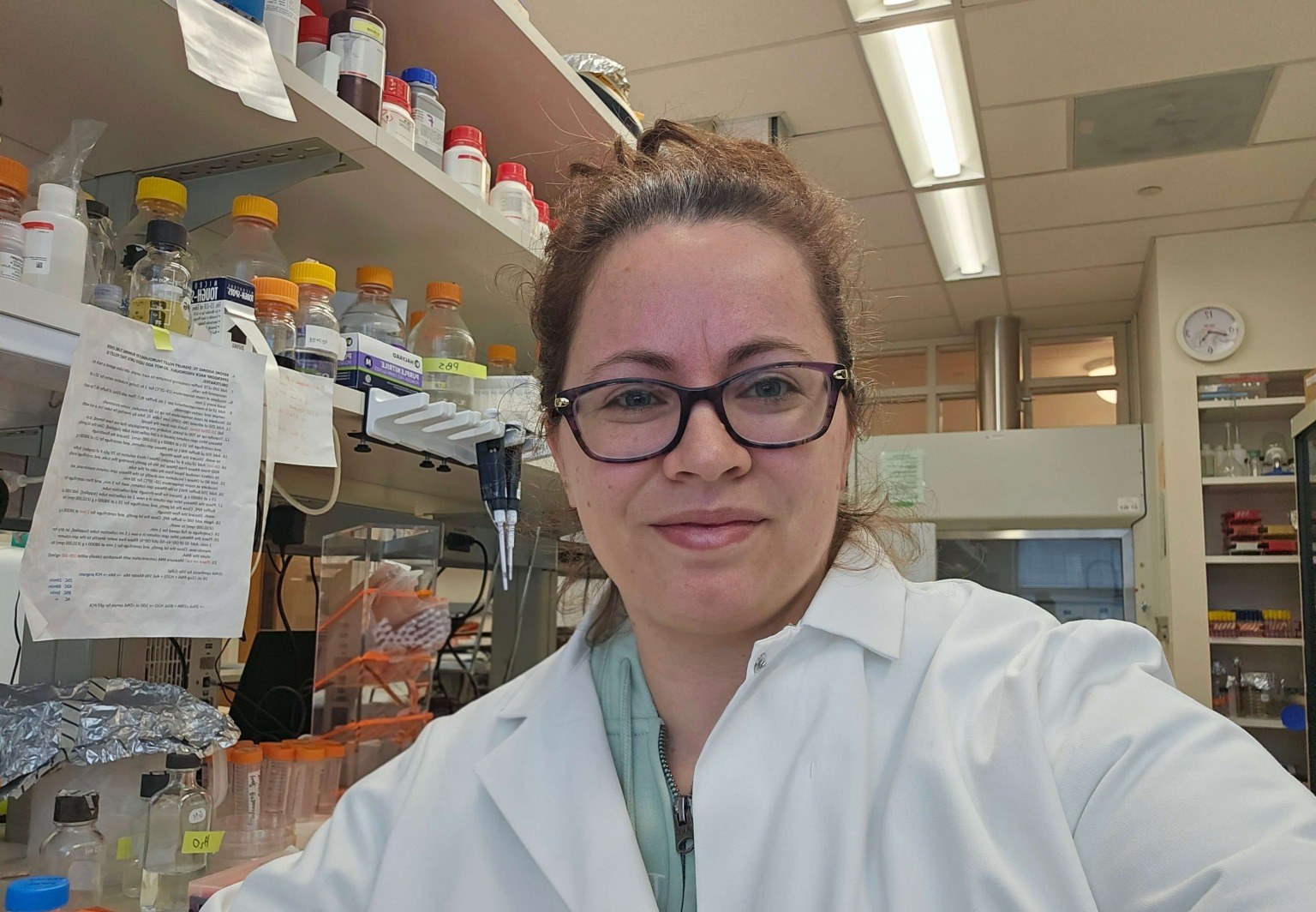
Exploring the invisible: Dr. Ariadni Boziki simulates the molecular world
Chrysovalantou Kalaitzidou

Magazine / Interviews , Technology , Engineering
After gaining professional experience at Ericsson, where she worked on building automation processes for product testing, she is now at Suite5 in Cyprus, developing a data analysis platform to tackle complex challenges in the energy and aviation sectors using machine learning.
Could you tell us what inspired you to pursue a career in electrical engineering?
I was inspired to pursue a career in electrical engineering because it is a challenging field, and I have always been drawn to challenges. I enjoy pushing myself to solve complex problems, and electrical engineering naturally provides that opportunity. At the same time, it offers wide career opportunities, which made it a practical choice as well. Finally, many of my favourite teachers also recommended it, as it is considered a prestigious and rewarding area of study.
Were there any role models or mentors who influenced your path into STEM?
I did not personally know anyone in the field of electrical engineering when I was younger, but I was always fascinated by the great problem-solving minds we studied in school and the way they approached challenges—often with surprisingly simple yet clever solutions. I sometimes remember imagining, however faintly, that I might one day be somewhat like them. In high school, I was fortunate to have two amazing mathematics teachers and one physics teacher who were truly inspiring. They went beyond the textbook, sharing ideas that sparked curiosity and presenting us with problems more advanced than our current level—all to challenge us and push us further. Later, during my university studies, I encountered professors whose teaching style captured my interest and guided me toward more specialised areas. This is how I was drawn to machine learning—a field I explored deeply during my thesis and one that continues to excite me today.
Communication skills are also key—not only for working well with teammates but also for clearly explaining technical results to non-technical stakeholders.
What technical or soft skills do you believe are most crucial for success in your field today?
On the technical side, the field of machine learning requires a solid foundation in mathematics—especially linear algebra, probability, and statistics—along with strong programming skills in languages such as Python, and familiarity with modern machine learning frameworks and tools. Strong problem-solving abilities are essential for tackling complex challenges, and the capacity to quickly grasp new concepts is crucial in this constantly evolving field.
Soft skills like critical thinking, collaboration, and curiosity are equally important, as they help you stay current with new developments and contribute effectively in multidisciplinary teams. Communication skills are also key—not only for working well with teammates but also for clearly explaining technical results to non-technical stakeholders.
Which emerging technologies or research areas in electrical engineering excite you most right now?
I find the entire field very exciting at the moment. Transformers are perhaps the most significant breakthrough, and their impact is already visible in everyday life, making them one of the most influential technologies today—extending beyond the engineering domain. However, what I find most fascinating are the technologies focused on scientific discovery, such as predicting protein structures or generating novel drug molecules. In this domain, approaches like graph neural networks and generative AI play a crucial role. These advances have the potential to accelerate healthcare research and, importantly, make treatments more accessible and affordable. Although I have not yet had the chance to work directly in this field, I would very much like to move in this direction in the future.
If you could go back, what is one thing you would tell your younger self at the start of your career?
If I could go back, I would tell my younger self not to be afraid of taking on unknown or unfamiliar tasks. These are lessons I learned and applied later in my career but not embracing them earlier cost me some valuable time. I would also encourage myself to aim higher, pursue ambitious goals sooner, and stay curious and persistent—treating challenges as opportunities to grow.
Learn more about Erifili on her LinkedIn page!

Chrysovalantou Kalaitzidou

Thaleia-Dimitra Doudali


Katerina Britzolaki